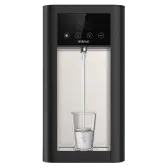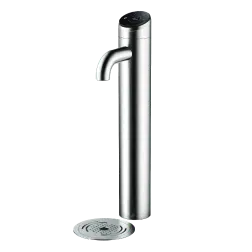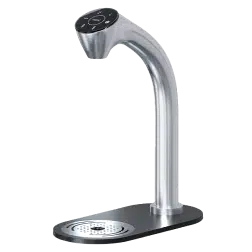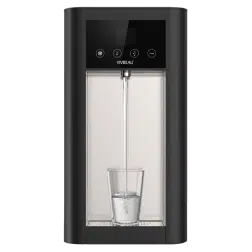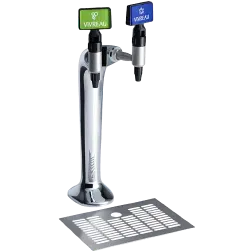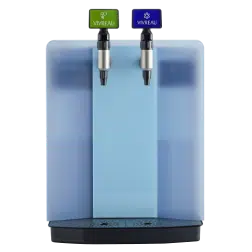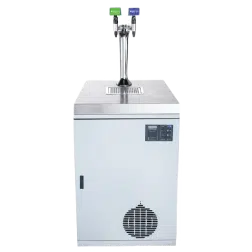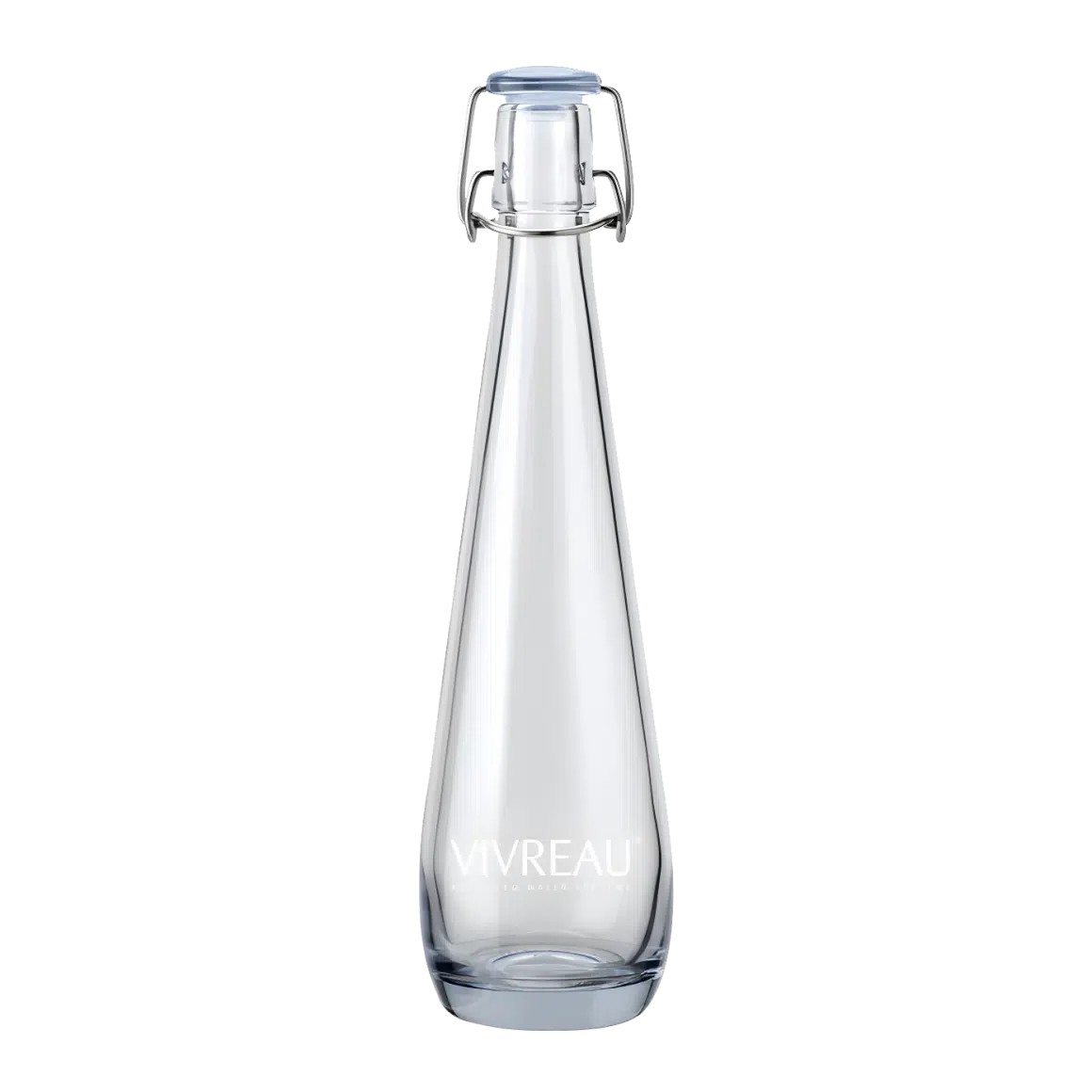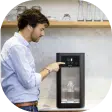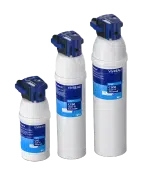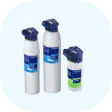Top 3 C’s that Affect Water Quality: Chloramine/Chlorine, Carbonate Hardness, and Chlorides
Understanding Chloramine, Its Uses, Issues, and Solutions
As water science experts, our goal at Vivreau is to share our knowledge and water system solutions to help your organization thrive. We’ve built robust, elegant solutions to the most common water-related problems in organizations. Let us tackle those problems, so you don’t have to.
But first, let’s learn more about water and potential issues so we can share our solutions. The top 3 C’s that affect water quality are: Chloramine/Chlorine, Carbonate Hardness, and Chlorides.
Let’s dive into the first C, Chloramine, to learn about what it is, what it’s used for, potential issues, and solutions…
Chloramine in Drinking Water
What is Chloramine, what does it do, and why is it used in municipal water systems?
- Chloramine is a disinfectant used to treat drinking water in municipal water systems to kill bacteria and pathogens to help create a safe water supply. (EPA)
- Its main purpose is to protect water quality as it moves along water pipes.
- Chloramine and chlorine are the major disinfectants used in public water systems
Is it common for chloramine to be used for water treatment?
- Yes, more than one in five Americans use drinking water treated with chloramines (EPA).
- Chloramine and chlorine are the most common disinfectants used in public water systems.
- Chloramine has been used by water utilities since the 1930’s.
How does chloramine compare to chlorine with its effects on water quality and safety?
- Chloramine is more stable and remains effective longer than chlorine, but it’s harder to remove and can affect the taste and odor of water.
- Chloramine provides longer-lasting disinfection as water moves along pipes to consumers.
What are the main challenges chloramine presents to the cooking, baking, and coffee industry?
- Chloramine can alter the taste and odor of water, imparting a chemical taste and odor, which can affect the flavor of baked goods and other foods and drinks that are sensitive to water quality.
- It can corrode coffee and kitchen equipment such as combi steamers, impacting food quality and equipment longevity.
- It is known for causing pitting and corrosion in rubber, copper, and stainless steel.
How do I remove chloramine from my water?
Activated carbon filters and catalytic carbon filters, such as Vivreau Water’s water dispensers and professional filters, are effective at removing chloramine from water.
How do high-quality water filtration systems help prevent the negative effects of chloramine on equipment and food quality?
- Filtration systems, especially those with catalytic carbon filters, are effective at removing chloramine from water, protecting equipment such as combi-steamers and coffee equipment from corrosion and scaling, while also preserving food and drink quality.
- Vivreau’s water filtration systems use activated carbon or catalytic carbon filters and are designed to effectively remove chloramine.
How do I find out if chloramine is used in my city’s municipal water?
- You can do a test of your water by using a chlorine or chloramine test kit.
- You can also find out more information about your city’s water treatment by obtaining a copy of your utility’s consumer confidence report (US residents).
You now know chloramine can wreak havoc on your equipment and negatively impact product quality. Fortunately, our team of technical experts have solved the chloramine problem with the most advanced professional water filters, with up to 100% chloramine removal.
We want to help you succeed. Let our industry-leading filtration technology shield your appliances and products from the harms of chloramine and the other water quality C’s damaging your equipment from within.
Chat with one of our water experts for tailored, simple solutions to resolve your unique water challenges.

